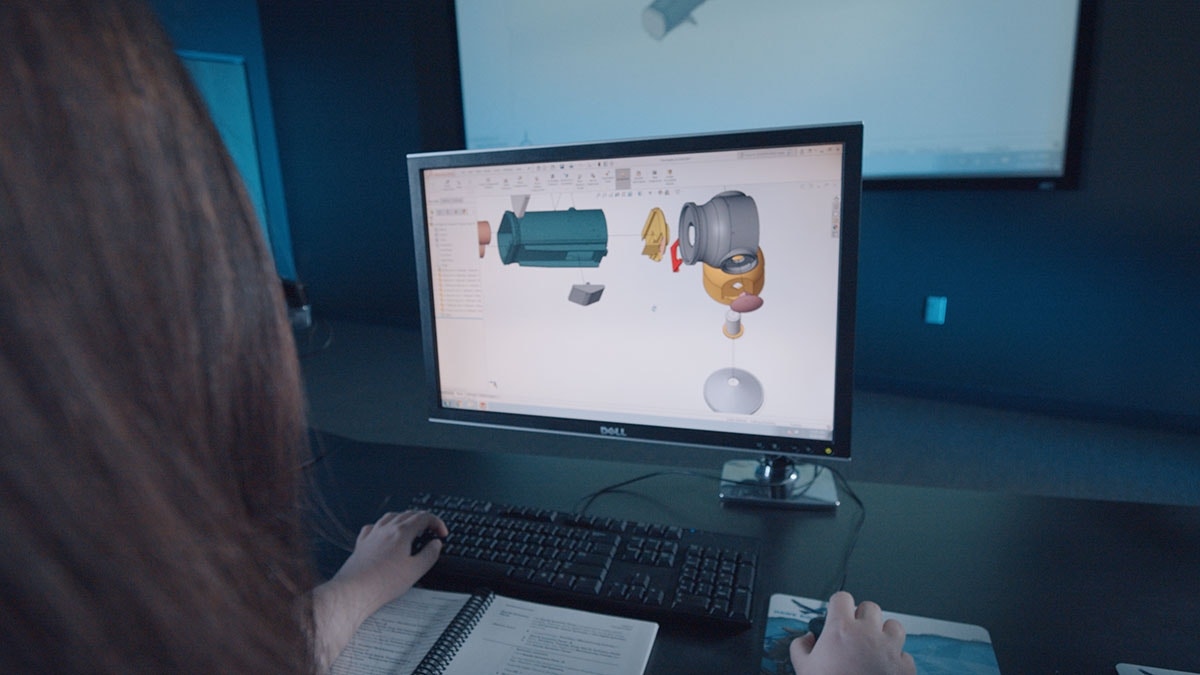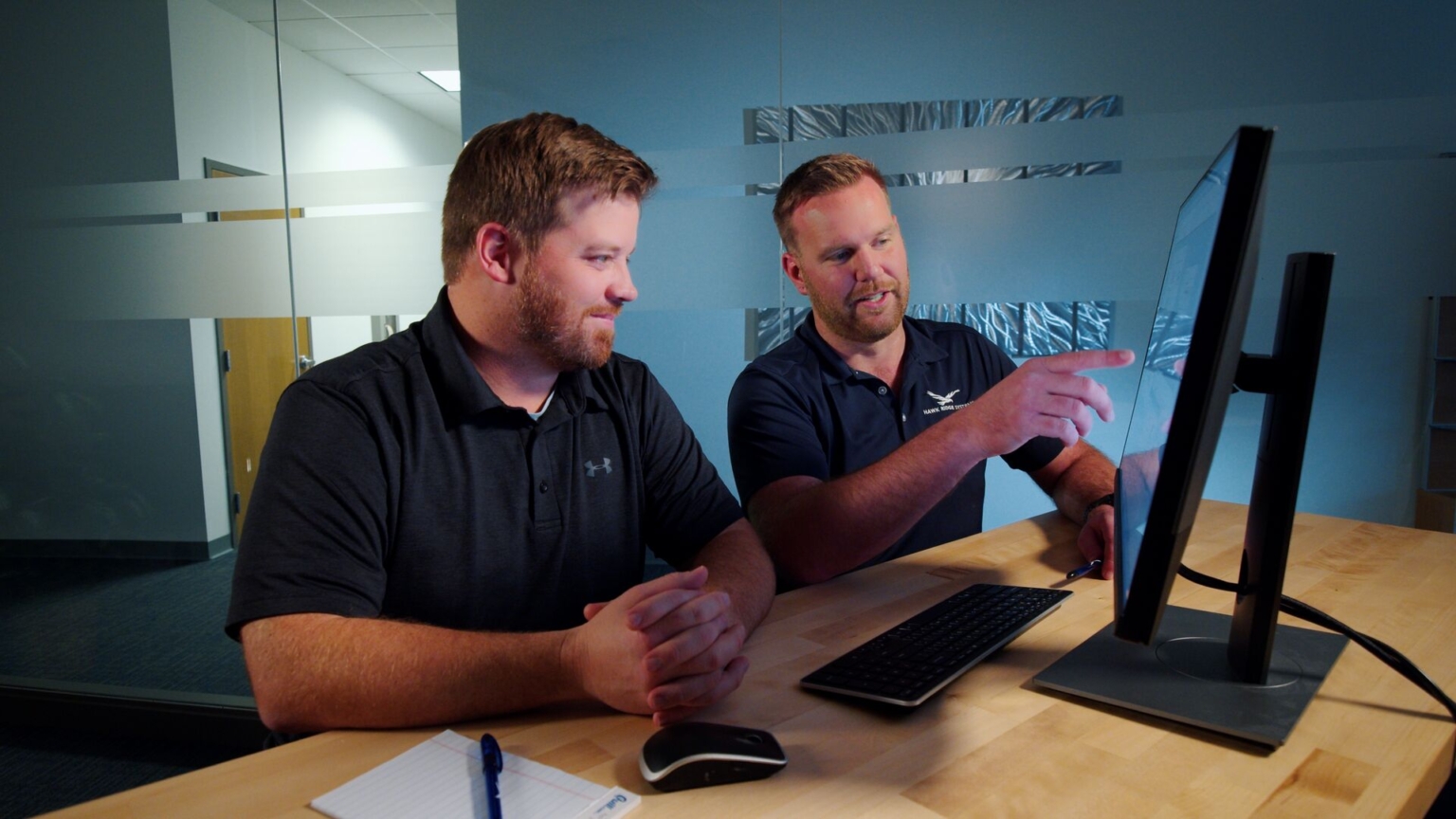If you’re here, you’ve probably been investigating what it takes to be SOLIDWORKS certified. If you missed the first blog in the series, “CSWP Certification Series Part One: SOLIDWORKS It Like a Pro” or the second, “CSWP Certification Series Part Two: Confident and Competent,” be sure to check those both out. In this final blog of the series, we will review how to prepare for the third segment of the Certified SOLIDWORKS Professional (CSWP) exam.
Overview of the Exam
The final section of the CSWP exam focuses primarily on assembly modeling, manipulation and editing. The following topics are covered:
- Creating an assembly
- Adding parts to an assembly
- Collision detection when moving a part in an assembly
- Interference detection
- Basic and advanced mates
- Inserting subassemblies
- Replacing a part with another part in an assembly
- Creating a coordinate system
- Using a coordinate system to perform mass properties analysis
Time: 80 minutes
Minimum of 77 points out of 109 points are required to pass
Experience Preparing and Taking Exam
While there isn’t a practice exam available for segment two, the best place to start is to go through the list above and identify your deficiencies by opening and testing yourself in SOLIDWORKS. Even if you’ve used items like Interference Detection before, your second enemy in these exams is the clock. Aim to become more efficient and take less time. Know every mate including Standard Mates, Advanced Mates, and Mechanical Mates. If any of them seem foreign, make sure to investigate further at MySolidWorks and utilize the tutorials, videos, and posts to learn more.
The Evaluate tab will be critical to answering the questions. Certain tools, like Interference Detection, are noted specifically on the list but a good command over all those tools may help to get through the exam more efficiently.
The last area worth noting in preparation for the exam is Coordinate Systems and Center of Gravity. I would equate the importance of these two subjects to how Global Variables were used in previous exams. In other words, you will encounter them so make sure you understand them enough to where you can capitalize on them enhancing your score.
Learning Goals and Tips
Let’s look at Coordinate Systems. It’s found on the Assembly tab under Reference Geometry. In my simple example, we can see that the existing origin is in the center of the cube, however, I want to create a new Coordinate System that’s at the bottom of the cube to create more accurate measurements. The simplest method to establish a coordinate system is to identify the new origin point. I used a newly created reference Point by selecting the center face of the cube’s underside, and provide a direction for the X, Y, and Z axis. Now that I’ve defined my new Coordinate System, I can make use of it through Mass Properties on the evaluate tab.
Another tool to know is Replace Component inside the assembly environment. Once you’ve determined which part you want to replace, just right click on the part in the graphics area or on the tree and select Replace Component. You will then be prompted to choose what component you’d like to replace it with. You can either select a part in the assembly or browse for one outside. In that same window you can select whether every instance of the chosen part will be replaced as well, or if you want SOLIDWORKS to attempt to re-attach the existing mates (which I recommend you do). When you press the green check mark either everything will resolve with no issue or some of the mates will need to be further satisfied. In that case, SOLIDWORKS will provide you with a preview of the old part and highlight the face of the relationship you need to replicate on the new part. Once I’ve satisfied all the mates, then I can hit the green check mark and the part is successfully replaced.
In my opinion, this exam was the easiest of the three but don’t take that lightly. You need to be prepared in order to guarantee your success. If you’re able, don’t view these exams as a stressful or anxiety ridden event. Be confident in what you know and don’t overthink anything. If you’re in a pinch and you can’t quite remember a new trick, don’t worry about it. Use what you know and don’t feel the need to be too creative; the practical approach is far better than the clever one.
If you’re still feeling nervous about the exam, explore our available SOLIDWORKS courses that will help you gain confidence in your skills. Contact us at Hawk Ridge Systems if you have any questions. Thanks for reading!




